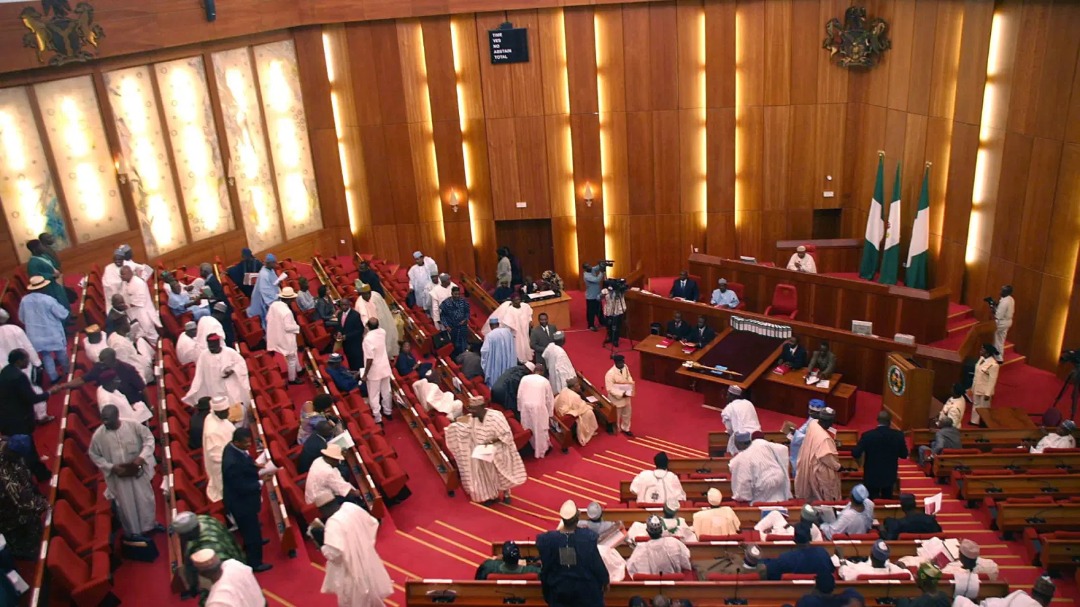

A bill seeking to prohibit the payment and receipt of ransom for the release of any person kidnapped, imprisoned or wrongfully confined in the country was on Wednesday May 19 considered by the Nigerian senate.
The bill titled Terrorism Prevention (Amendment) Bill, 2021 which stipulates a 15-year jail sentence for anyone found guilty of such action is being sponsored by Senator Ezenwa Francis Onyewuchi and it scaled second reading during plenary.
Onyewuchi who raised an alarm of kidnapping becoming a lucrative business in the country, said the bill essentially seeks to substitute for section 14 of the Principal Act a new section to read: “Anyone who transfers funds, makes payment or colludes with an abductor, kidnapper or terrorist to receive any ransom for the release of any person who has been wrongfully confined, imprisoned or kidnapped is guilty of a felony and is liable on conviction to a term of imprisonment of not less than 15 years.
Pointing out that countries like USA and the United Kingdom do not support payment of ransoms to kidnappers, Onyewuchi also cited a report compiled by the Financial Times and the USA Global Risk Consultancy in November, 2019, which revealed that Nigeria has the highest rate of kidnaps for ransom of both locals and foreigners in all of Africa with kidnappers operating in each of its 36 states.
The Terrorism Prevention (Amendment) Bill, 2021 was referred to the Committee on Judiciary, Human Rights and Legal Matters for further legislative work after scaling second reading.
No fewer than 10 persons have been shot dead after unknown gunmen stormed a popular…
The Chairman of Agatu Local Government Area of Benue State, James Melvin Ejeh, has issued…
Primate Elijah Ayodele, the leader of INRI Evangelical Spiritual Church, has issued a stern warning…
Despite the chilly conditions in Blida, located on the outskirts of Algiers, Nigeria's U17 women's…
Operatives of the National Drug Law Enforcement Agency (NDLEA) have seized illicit substances valued at…
At least 50 communities across 25 council wards in five local government areas (LGAs) in…